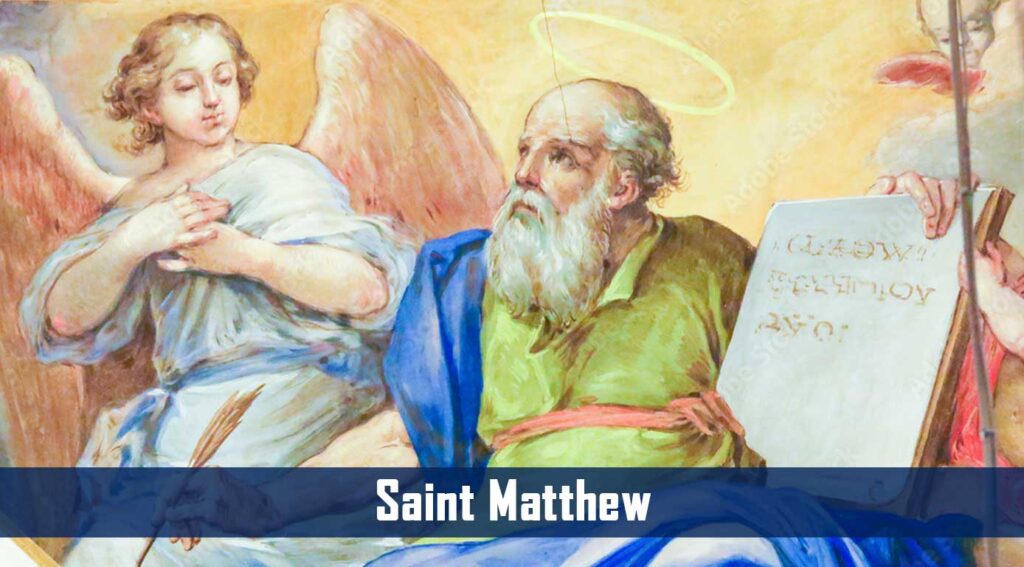St. John the Baptist has two feasts in the Liturgical Calendar of the Church. One, in August, celebrates his death, and one in June, celebrates his birth.
Herod is to Joh while Pilate is to Jesus. Like Pilate, out of cowardice and fear, led them to commanding death of an innocent man. According to Saint Mark, “Herod feared John, knowing that he was a righteous and holy man…When he heard him, he was greatly perplexed; and yet he liked to listen to him” (Mk 6: 20). “[Herod] was deeply grieved” (Mk 6: 26) that he had to order John’s death. But he didn’t actually have to order John’s death. If he were truly grieved, he could have stood up in the midst of the happy crowd, said “I made a stupid promise which I now regret,” and granted Salome (her name is not found in the Bible) some other handsome gift instead of a blood-splattered plate. Herod beheaded a man to save face, to avoid embarrassment, and to avoid having to say “I made a mistake.”
The Passion, or Beheading, of Saint John the Baptist is one of the very oldest liturgical feasts on the Church’s calendar.







